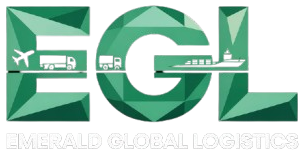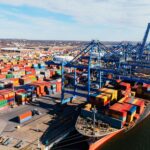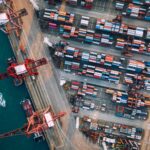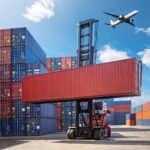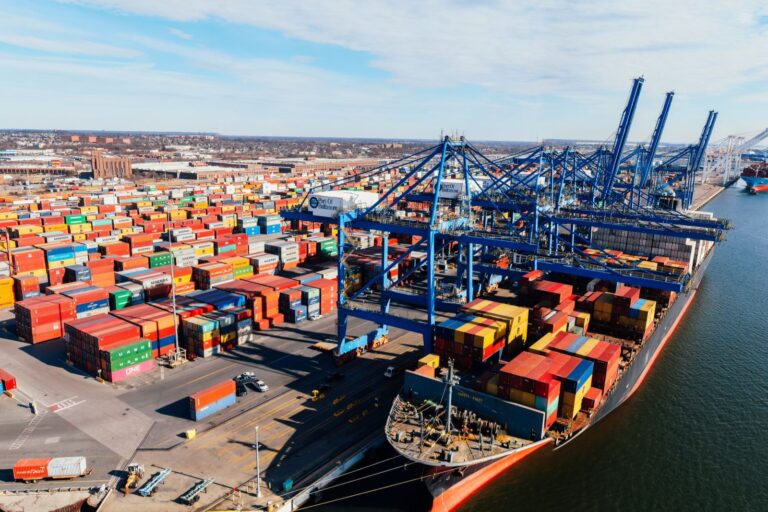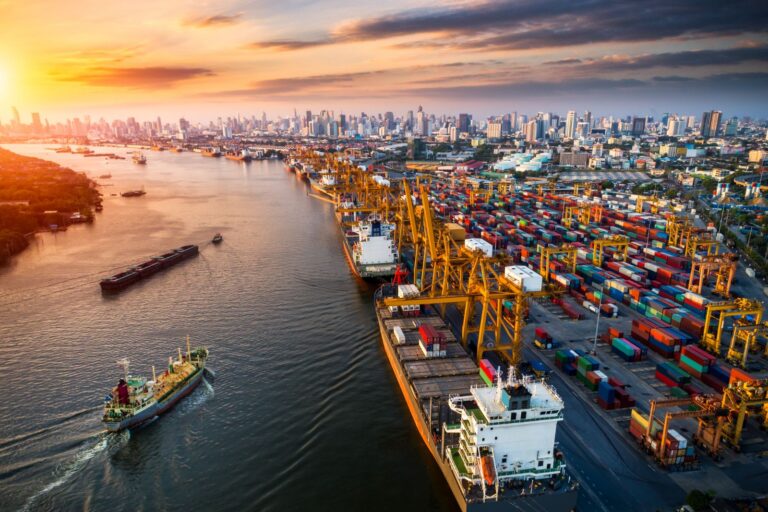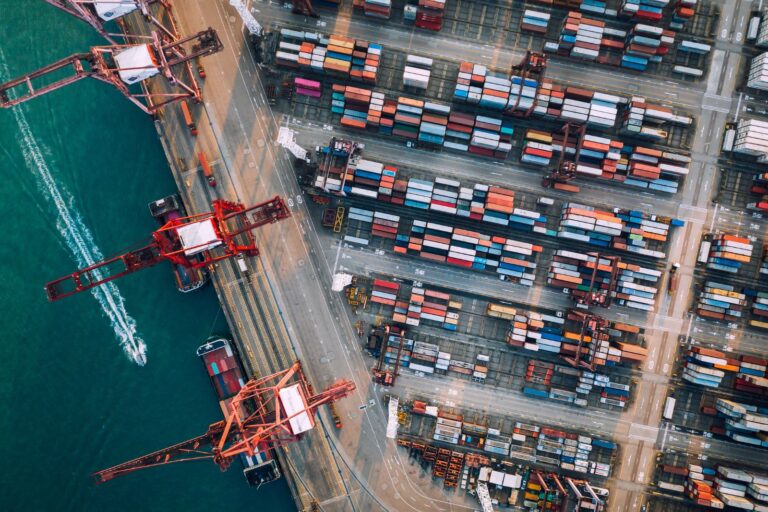Navigating international trade can be complex, particularly in Australia, where businesses must comply with multiple laws, regulations, and trade agreements. Misunderstanding these rules can result in fines, shipment delays, and legal complications. Understanding international trade laws Australia is essential for exporters, importers, and logistics providers aiming for seamless cross-border operations.
At EGL – Emerald Global Logistics, we provide expert support for businesses across Australia, helping them comply with trade laws while optimising logistics strategies. By following legal requirements, companies can reduce risks, improve operational efficiency, and maintain strong international relationships. This guide explores key regulations, compliance steps, best practices, common mistakes, and practical examples for Australian businesses engaged in global trade.
Why Understanding International Trade Laws Matters (H2)
Compliance with international trade laws ensures that businesses can:
- Avoid fines and penalties: Stay compliant with Australian and global regulations.
- Prevent shipment delays: Reduce the risk of customs and border issues.
- Protect reputation: Maintain trust with partners and customers worldwide.
- Optimise logistics operations: Align supply chain processes with legal requirements.
- Access global markets: Benefit from trade agreements and reduced tariffs.
EGL – Emerald Global Logistics supports businesses by providing guidance on trade compliance and risk management for international operations.
Key International Trade Laws in Australia (H2)
1. Customs and Import Regulations (H3)
- Definition: Rules governing the import of goods into Australia.
- Requirements: Correct documentation, tariffs, and compliance with prohibited or restricted items.
- Example: Certain food, chemicals, or technology products require permits or certifications.
2. Export Controls and Licensing (H3)
- Definition: Regulations controlling the export of strategic, sensitive, or dual-use goods.
- Requirements: Obtain export permits from the Australian Government and comply with international sanctions.
- Example: Military-grade technology or encryption software may require approval before export.
3. Trade Agreements and Tariffs (H3)
- Definition: Free Trade Agreements (FTAs) and tariff regulations impact duties and duties exemptions.
- Benefits: Reduce costs and facilitate faster customs clearance.
- Example: Australia’s agreements with China, Japan, and the ASEAN region lower tariffs on eligible goods.
4. Anti-Dumping and Countervailing Laws (H3)
- Definition: Prevent unfair competition from imported goods sold below market value.
- Requirements: Compliance with anti-dumping duties to avoid legal disputes and penalties.
5. Product Safety and Standards (H3)
- Definition: Ensure products meet Australian standards and safety requirements.
- Implementation: Testing, certification, and accurate labelling of goods before shipping.
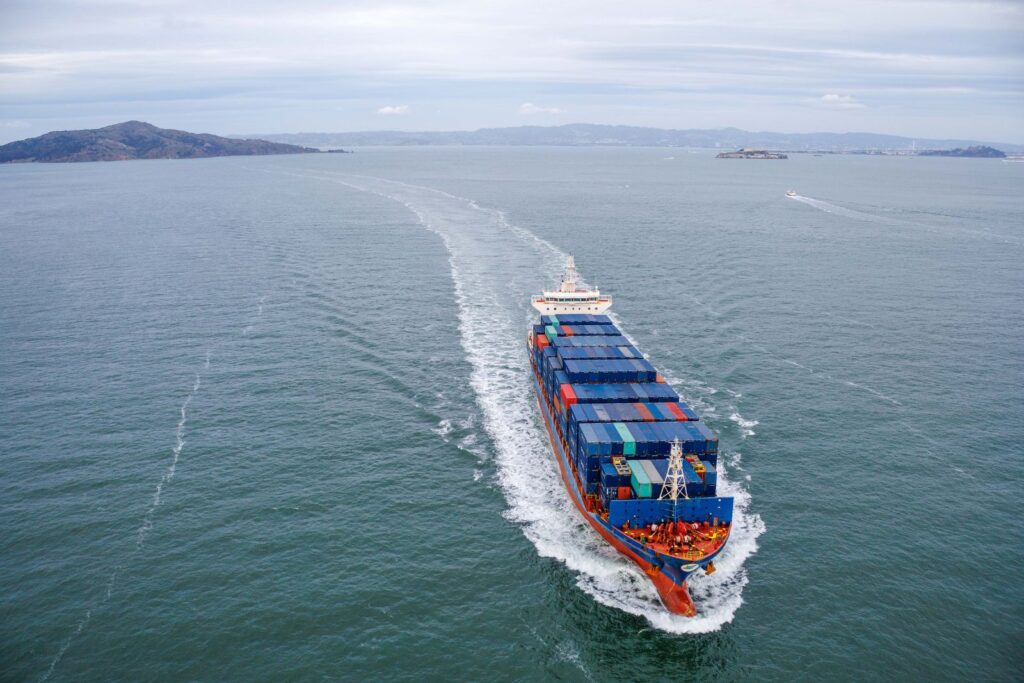
Step-by-Step Guide: Complying With International Trade Laws (H2)
- Identify Applicable Regulations: Determine relevant import/export rules for your products.
- Obtain Licenses & Permits: Apply for necessary certifications or permits.
- Prepare Accurate Documentation: Include invoices, packing lists, certificates, and customs forms.
- Engage Customs Brokers: Use experts to streamline clearance and avoid errors.
- Monitor Changes in Laws: Stay updated on new regulations, trade agreements, or sanctions.
- Partner With Logistics Experts: Work with providers like EGL for end-to-end compliance support.
Costs and Compliance Insights (H2)
Complying with trade laws may involve additional costs:
- Licensing fees: $100–$1,000 depending on product type.
- Customs duties and tariffs: Varies by product classification and trade agreements.
- Brokerage fees: $200–$1,500 per shipment.
- Testing and certification: $500–$5,000 for specialised products.
Proper compliance reduces the risk of fines, shipment delays, and legal disputes, providing long-term cost savings.
Best Practices for International Trade Compliance (H2)
- Maintain updated records: Ensure documentation is accurate and accessible.
- Train staff: Educate teams on trade compliance requirements.
- Leverage technology: Use software to manage compliance, documentation, and reporting.
- Conduct regular audits: Identify potential risks and gaps in processes.
- Collaborate with experts: Partner with logistics providers like EGL for smooth operations.
Common Mistakes to Avoid (H2)
- Missing required permits or certifications.
- Misclassifying goods leading to incorrect tariffs.
- Ignoring trade sanctions or embargoes.
- Inaccurate documentation causing customs delays.
- Failing to monitor updates in laws and agreements.
Use Cases & Examples (H2)
Scenario 1: An Australian exporter used EGL’s compliance services to navigate FTAs, reducing tariffs on shipments to Japan.
Scenario 2: A Sydney-based importer avoided fines by ensuring proper certification of restricted chemicals with EGL’s guidance.
Scenario 3: EGL helped a Melbourne eCommerce business implement accurate product labelling and customs documentation, preventing shipment delays.
FAQs (H2)
Q1: What are international trade laws in Australia?
A1: Regulations governing import/export activities, tariffs, safety, and compliance.
Q2: Who enforces trade laws in Australia?
A2: Australian Border Force (ABF) and the Department of Foreign Affairs and Trade (DFAT).
Q3: Can small businesses comply with international trade laws easily?
A3: Yes, with proper guidance, documentation, and support from logistics experts like EGL.
Q4: Do trade agreements affect tariffs?
A4: Yes, Free Trade Agreements reduce tariffs on eligible goods, improving cost efficiency.
Q5: How can EGL help with trade compliance?
A5: EGL provides expert guidance, documentation support, and end-to-end logistics compliance services.
Conclusion & Call-to-Action (H2)
Understanding international trade laws Australia is crucial for businesses to operate legally, reduce costs, and maintain smooth global supply chains. By following regulations, obtaining necessary permits, and partnering with experts, companies can navigate international trade efficiently.
If you’re ready to streamline your logistics and ensure compliance, contact EGL today for professional support: Contact Us.
Learn more about our services at Home or discover our company background on About Us.
